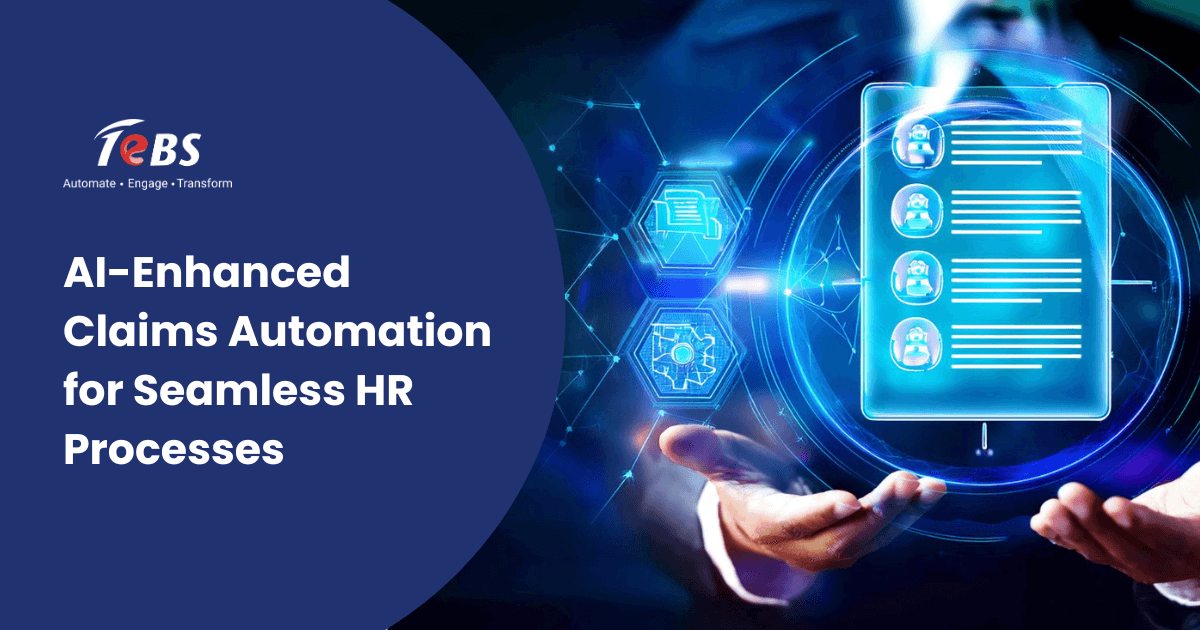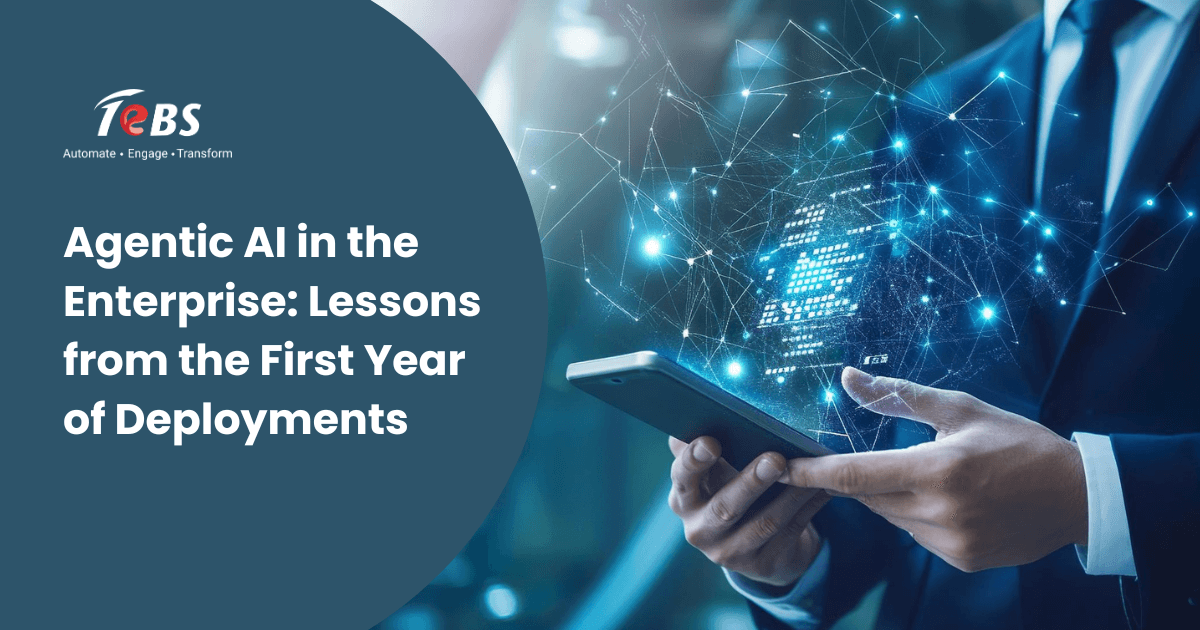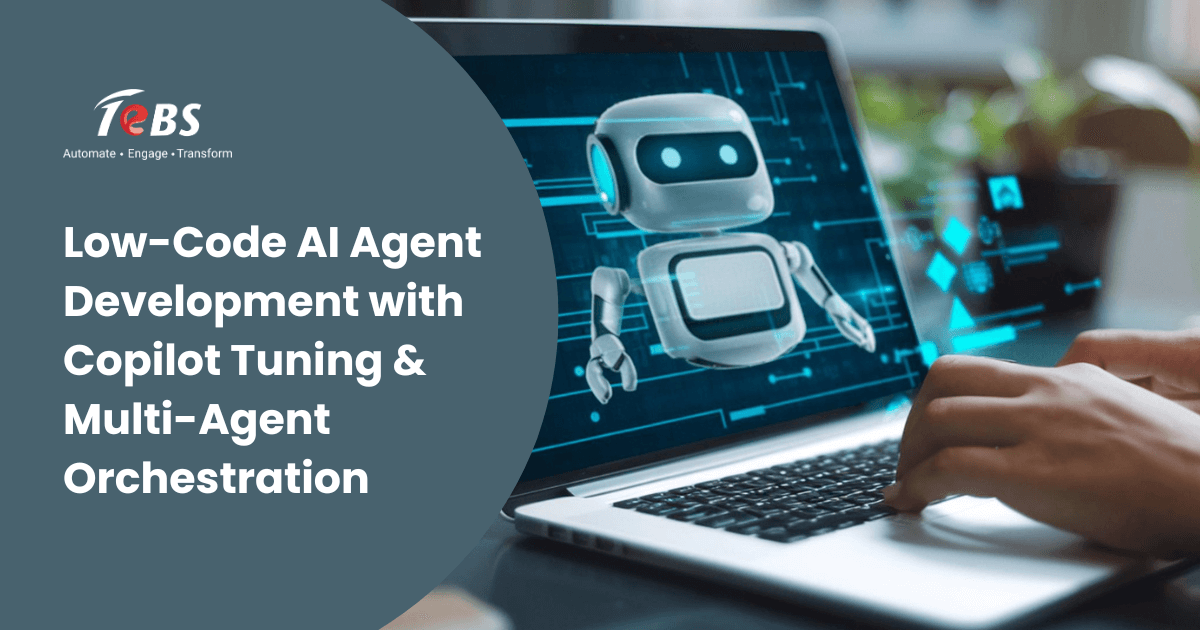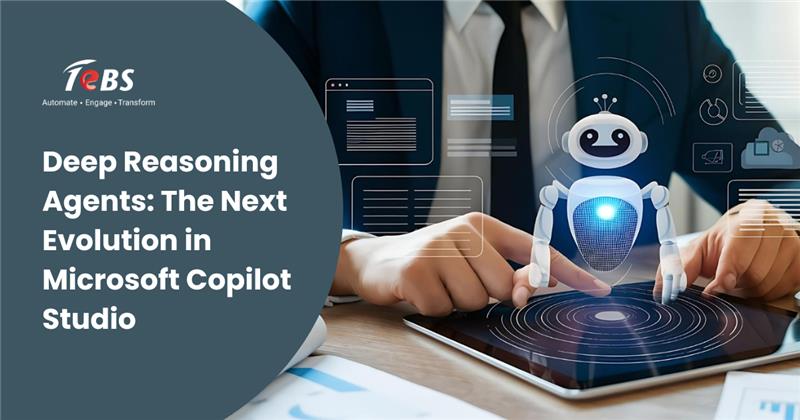In any organization, Human Resource (HR) management is responsible not only for employee engagement and talent development but also for administrative processes that ensure smooth operations. Among these, claims processing stands out as a critical function. Whether it involves medical reimbursements, travel expenses, or other employee-related claims, timely and accurate claims handling is essential to maintain employee trust, financial accuracy, and operational efficiency.
However, traditional claims processing systems are often plagued with inefficiencies. Manual data entry, paper-based documentation, lack of standardized validation procedures, and delays in approvals contribute to bottlenecks and errors. HR teams are burdened with repetitive tasks, while employees experience frustration due to slow claim approvals and limited visibility into claim statuses.
Enter AI-enhanced claims automation — a transformative approach that leverages artificial intelligence to streamline and simplify the entire claims lifecycle. From digitizing claim submissions to enabling real-time tracking and predictive insights, AI automation is redefining how HR departments handle claims processing.
How AI Transforms Claims Processing
AI integration in HR claims management brings much-needed agility, accuracy, and transparency. By automating repetitive tasks and analyzing vast volumes of data in real time, AI helps HR teams manage claims more efficiently.Automation of Repetitive Claim Validation Tasks
Traditional claims processing requires HR personnel to manually validate submitted documents, cross-reference policy compliance, and verify transaction details. These tasks are not only time-consuming but also susceptible to human error. AI automates these steps using rule-based engines and intelligent decision-making algorithms forming a core part of artificial intelligence automation software in modern HR operations. Claims are automatically validated against preset policies, and any inconsistencies are flagged instantly, significantly reducing the workload on HR teams and ensuring faster claim resolution.Fraud Detection and Prevention
AI-powered claims systems are equipped with anomaly detection and fraud prediction capabilities. By analyzing historical claim patterns and using machine learning models, these systems can detect unusual claims, duplicate submissions, or policy violations. This proactive fraud prevention not only protects organizational finances but also reinforces a fair and transparent claims process for all employees.Predictive Analytics for Claims Forecasting
AI goes beyond just processing current claims. It can analyze historical trends to forecast future claim volumes, enabling HR departments to allocate resources more effectively. Predictive analytics also help organizations identify departments or teams with unusually high claim volumes, prompting proactive policy adjustments or additional support mechanisms to manage workloads.Features of AI-Driven Claims Automation Solutions
The effectiveness of AI in claims automation lies in the combination of intelligent tools and seamless process integrations. Modern AI applications in business are designed with specific features that address the nuances of HR claims processing.Optical Character Recognition (OCR) for Document Verification
OCR technology, powered by AI, plays a crucial role in digitizing and validating documents submitted by employees. Whether it is a scanned receipt, medical invoice, or travel ticket, OCR extracts critical data points and converts them into machine-readable formats. This eliminates the need for manual data entry and accelerates the verification process, ensuring that documents are processed swiftly and accurately.
Explore how AI is revolutionizing document workflows in our detailed blog on The Role of Artificial Intelligence in Document Digitization
Workflow Optimization and Real-Time Status Tracking
AI-enhanced claims systems enable dynamic workflow management. Claims can be routed automatically to the appropriate approvers based on predefined rules, reducing delays in decision-making. Employees can track the real-time status of their claims, eliminating the uncertainty that often accompanies manual claims systems. Notifications and alerts ensure timely approvals and communication, making the process more transparent for all stakeholders.Seamless Integration with HR Management Systems
For AI claims automation to be truly effective, it must integrate seamlessly with existing HR platforms such as Human Resource Management Systems (HRMS), payroll software, and employee self-service portals. Modern AI solutions are built with robust APIs and connectors that allow data exchange across systems, ensuring that claim information is consistent, updated, and accessible across the organization. This integration minimizes data silos and allows for a unified view of employee-related financial transactions.Benefits of AI in HR Processes
The adoption of AI in claims automation brings multifaceted benefits to HR operations, transforming both backend processes and employee-facing services.
Explore how TeBS empowered organizational workflows with automation in our Digitally Empowered Operations for Legal Services case study.
Faster Claims Processing
One of the most significant advantages of AI-driven automation is the drastic reduction in claim turnaround times. Automated validation, routing, and approval workflows mean that claims are processed in hours rather than days. This speed not only benefits employees awaiting reimbursements but also improves overall organizational agility.Reduced Administrative Burden
HR teams often spend a substantial amount of time managing administrative tasks related to claims. With AI handling validation, routing, and document verification, HR professionals can shift their focus to more strategic initiatives such as employee engagement, policy development, and workforce planning. This shift leads to a more productive and value-driven HR function.Enhanced Employee Experience
A streamlined and transparent claims process directly contributes to employee satisfaction. When employees are confident that their claims will be processed fairly, quickly, and with minimal manual effort on their part, it improves their perception of HR services. Self-service portals with AI-enabled chatbots further enhance the user experience by guiding employees through the submission process, answering queries, and providing real-time updates on claim statuses.
With AI handling validation, routing, and document verification, HR professionals can shift their focus to more strategic initiatives. According to Gartner, AI is transforming HR—from automating routine tasks to improving workforce decision-making and employee experience.
Conclusion
AI-enhanced claims automation is revolutionizing the way HR departments manage one of their most critical responsibilities. By combining intelligent document processing, predictive insights, and seamless system integration, AI not only addresses the traditional pain points of manual claims handling but also unlocks new levels of efficiency, accuracy, and employee satisfaction.
As organizations continue to embrace digital transformation in HR operations, investing in AI-driven claims automation is no longer optional—it is a strategic imperative. By adopting these intelligent solutions, businesses can empower their HR teams to deliver faster, smarter, and more responsive services that enhance both employee trust and operational excellence.
To learn how AI-enhanced claims automation can streamline your HR processes and drive organizational efficiency, reach out to us at [email protected]
Frequently asked questions
What is AI-enhanced claims automation in HR processes?
AI-enhanced claims automation uses artificial intelligence to digitize, validate, and streamline employee claims such as medical reimbursements or travel expenses. It minimizes manual intervention, speeds up processing, and improves accuracy in HR operations.
How does AI automate repetitive claim validation tasks?
AI leverages rule-based engines and intelligent algorithms to automatically verify claim documents, check policy compliance, and flag discrepancies. This reduces manual effort and accelerates claim approvals.
Can AI detect and prevent fraudulent claims?
Yes. AI systems use anomaly detection and machine learning models to identify suspicious patterns, duplicate submissions, or policy violations, helping HR teams proactively prevent fraudulent claims.
How does predictive analytics help in claims forecasting?
AI analyzes historical claim trends to predict future volumes. This helps HR allocate resources, manage workloads, and adjust policies proactively to handle claims more efficiently.
Can AI integrate with existing HR management systems?
Yes. AI-driven claims solutions are designed with APIs and connectors that integrate seamlessly with HRMS, payroll, and employee self-service platforms to maintain consistent and unified data.
How does AI reduce administrative burden for HR teams?
AI eliminates repetitive manual tasks like document checks and approvals, freeing HR professionals to focus on strategic initiatives such as workforce planning and employee engagement.
What impact does AI have on employee experience in claims processing?
Employees benefit from faster reimbursements, real-time claim tracking, and AI-enabled self-service portals that enhance transparency and reduce frustration.





